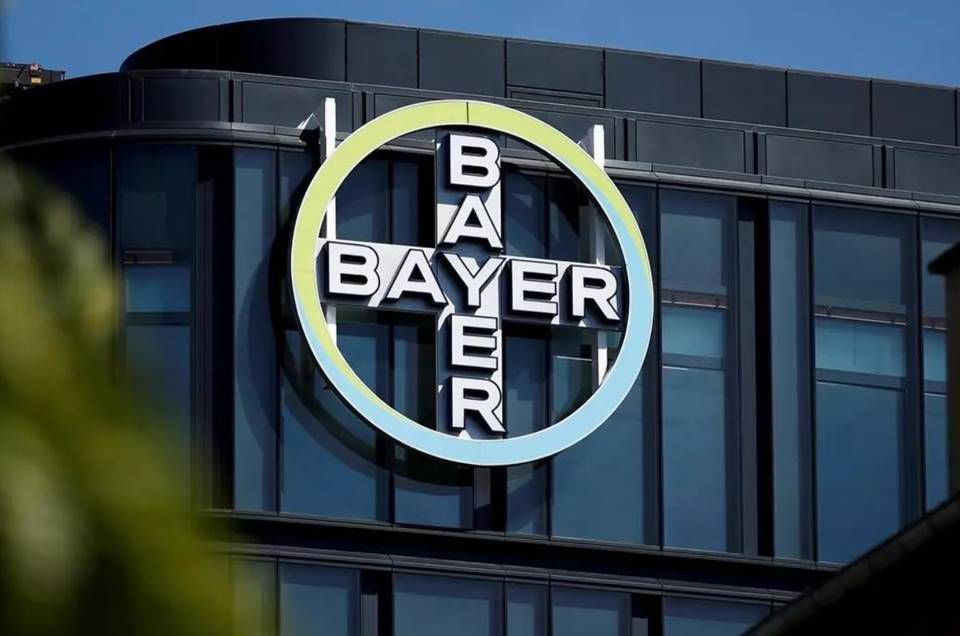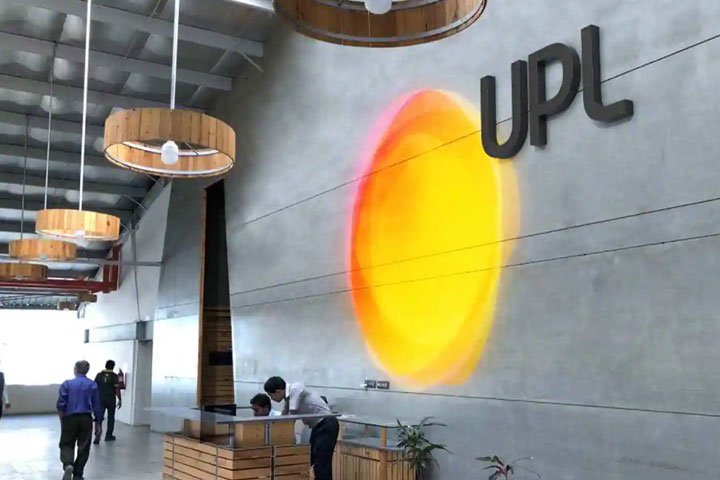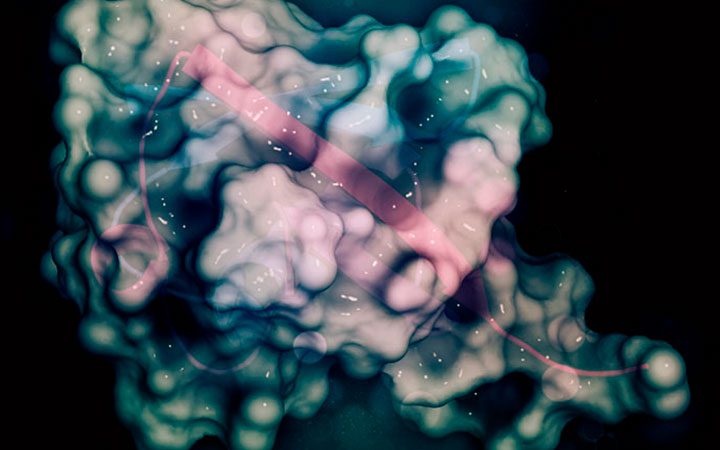BUSSINESS AREAS
We believe in a different way
of producing food.
Only food?
THE NEW NUTRITION ERA.
Led by a quick transition from chemical to natural.
An increasingly stringent regulatory framework for the use of synthetic chemicals in agriculture, food production, and practically every other sector. The food chain’s demand for a zero-residue policy, as well as the profile of a more demanding and knowledgeable consumer.
In light of this scenario, we have entered a new period in which time is of the essence: the priority is to limit the impact that chemical products have on health and the environment.
At MAAVi Innovation Center, we respond to the impending need to change the production model by developing 100% natural products with the same efficacy as synthetic chemicals at a competitive cost in agriculture, such as biopesticides, biostimulants, probiotics, valuable seed treatment, and fertilizer treatment.
In addition, we eliminate antibiotics and other chemical compounds from raw materials and replace E numbers in aquaculture, animal farming, the food and cosmetics industries, and other sectors that need to transition from a chemical-based to a natural-based model.
We are also concerned about residue management, which is why we revalue agricultural and food sector by-products in order to have a positive impact on the environment and their operating accounts.

CURRENT AND FUTURE CHALLENGES
We ensure your profitability.
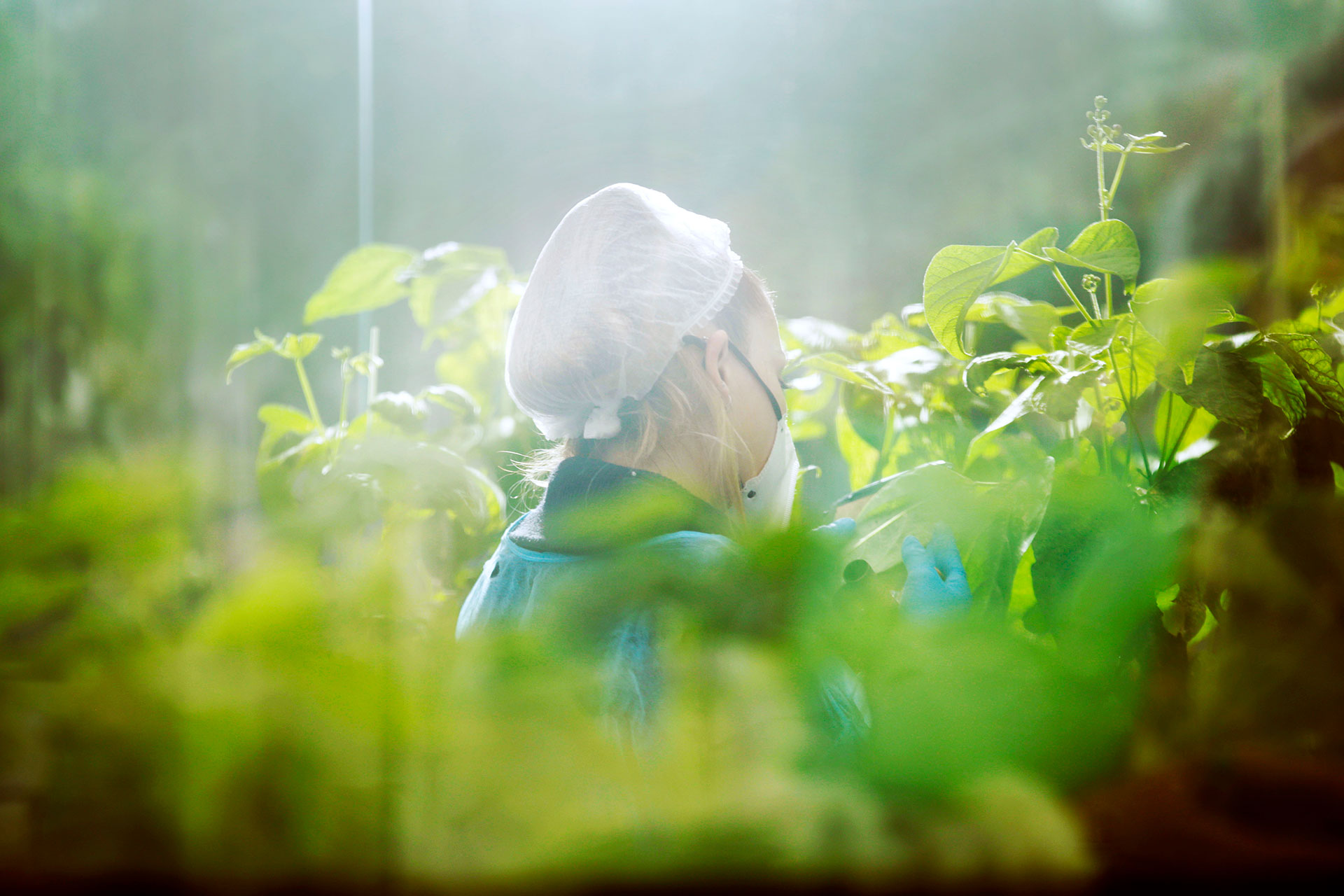
Agriculture
Zero residue: We will help you to control pests and diseases with biopesticides as effective as synthetic chemicals.
Yield increase: We reduce crop stress and improve different stages by intervening in physiological processes using biostimulants, solutions that can maintain yield and crop quality while also offering efficient water management.
Real sustainability: We promote the revaluation of by-products with a positive impact both on your operating account and on the environment. We also promote the sequestration of environmental CO2, transforming it into agronomically assimilable carbon and fixing it to the soil.
The food industry, aquaculture, animal farming, the cosmetics industry, and other sectors concerned about the transition from synthetic chemistry to a nature-based system
- Eliminate pesticides, antibiotics and other compounds from their raw materials to avoid traceability in food products
- Eliminate E numbers by substituting chemical additives (preservatives, antioxidants, flavoring agents, etc) for natural ones to obtain Clean Labels
- Revaluation of by-products to reduce their environmental impact and promote a real circular economy model.
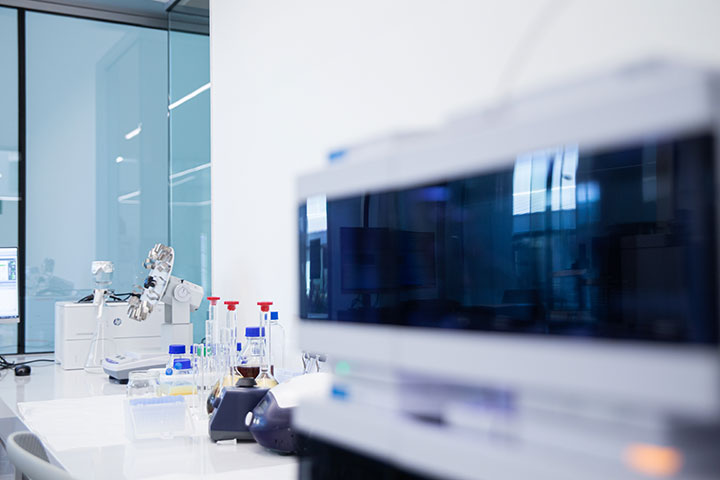
Agriculture
We develop natural products as effective as synthetic chemicals to increase crop quality and profitability

Biocontrol
Technologies
- Bioinsecticides
- Bioacaricides
- Bionematicides
- Biofungicides
- Biobactericides
- Bioherbicides

Biostimulants
Technologies
- Stress Reducers
- Yield Promoters
- Growth promoters
- Nutrient availability enhancers.
- Metabolic and physiological promoters
- Consortia-based inoculants for the phyllosphere

Soil health
Technologies
- Plant Growth Promoting Rhizobacteria – PGPR
- Plant Growth Promoting Fungi and mycorrhiza – PGPFs
- Bacterial consortia
- Interkingdom microbial consortia

Seed treatments
Technologies
- Biopesticides
- Biostimulants and enhancers for germination and emergence
- Endophytes and soil microorganisms

Inteligent fertilizers
Technologies
- Concentrated suspensions
- Biostimulants additives
- Anticaking, antifoaming, and dust control agents, with a positive agronomic effect.
Technologies
- Bioinsecticides
- Bioacaricides
- Bionematicides
- Biofungicides
- Biobactericides
- Bioherbicides
Technologies
- Stress Reducers
- Yield Promoters
- Growth promoters
- Nutrient availability enhancers.
- Metabolic and physiological promoters
- Consortia-based inoculants for the phyllosphere
Technologies
- Plant Growth Promoting Rhizobacteria – PGPR
- Plant Growth Promoting Fungi and mycorrhiza – PGPFs
- Bacterial consortia
- Interkingdom microbial consortia
Technologies
- Biopesticides
- Biostimulants and enhancers for germination and emergence
- Endophytes and soil microorganisms
Technologies
- Concentrated suspensions
- Biostimulants additives
- Anticaking, antifoaming, and dust control agents, with a positive agronomic effect.
Por todo el mundo
+55 ongoing projects

18
Biostimulants

8
Soil health
Tecnologías
- Inoculante de la filosfera
- Inoculante micorrítico arándano
- Consorcios microbianos dirigidos

29
Biocontrol
Tecnologías
- Phytophera
- Meloidogyme (Nematodos)
- Lepidopteros (Tuta, Lobesia, Cydia, Spidoptera)
- Plataforma Bioherbicidias

1
Invierna
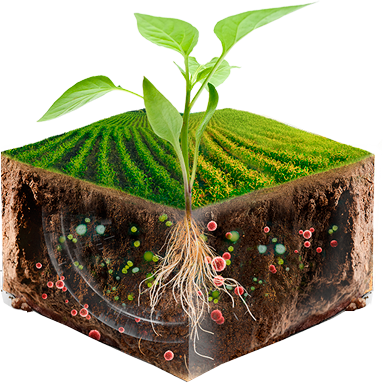
1
Mito & Greenadier
Saber más
MAAVi Innovation Center ha desarrollado dos soluciones de biocontrol para Kimitec, empresa de su mismo grupo, presente en más de 90 países y con ventas en más de 80.
Se trata de MITO©️, un bioacaricida-insecticida con acción frente a todo tipo de ácaros y trips y de GREENADIER©️, un biopesticida para mosca blanca y pulgón.
Los registros de MITO©️ y GREENADIER©️ estarán listos durante 2023 y 2024 en USA, México, Brasil, Chile y Argentina. Próximamente también lo estarán en otros mercados, incluido el europeo.
Success stories developed at MAAVi Innovation Center.
Effective? yes. But also profitable.
Bayer
We are the global reference partner of Bayer, regarding biological solutions to millions farmes all over the world.
UPL USA
We are the key partner in developing biostimulants to UPL USA, capable of optimizing plant development and improving crop quality.
FOOD INDUSTRY
AND OTHER SECTORS
We provide value to the entire food chain
We develop natural alternatives as effective as synthetic chemicals to protect human health and animal welfare while ensuring industry profitability

Aquaculture
Value contribution
Aquaculture systems need to be improved in order to have a positive impact on human health and sustainability. To accomplish this we develop all-natural solutions to:
- Provide alternatives to antibiotics and chemical products (E numbers)
- Naturally improve food efficiency and yield
- Naturally improve survival and reprodution rates
- Improvements in water quality (of the environment and animal welfare)
- Revalue animal byproducts, which pose significant economic and environmental challenges.
- Leverage new technologies by reintroducing them to the value chain to create an even more sustainable model.

Livestock
Value contribution
We replace synthetic constituents for natural approaches that provide an equivalent or higher level of activity and ensure that no antibiotics or other chemicals are transferred from food to humans.
- Provide alternatives to antibiotics and chemical products (E numbers)
- Natural enhancers of food efficiency and yield
- Natural enhancers of survival and reprodution rate
- Revalue animal byproducts, which pose significant economic and environmental challenges.
- Leverage new technologies by reintroducing them to the value chain to create an even more sustainable model.

Nutrition
Value contribution
We define each challenge in close collaboration with our industry partners (meat, dairy, fisheries, etc.), and as a consequence, we are aware of the specifications that must be met in their operations, whether for procedures of substitution or enrichment. We give priority to developing “in silico” modeling and increasing our understanding of biochemical reactions and molecular pathways from a biomolecular perspective, which enables us to discover targets at this level and concentrate on them using artificial intelligence.

Cosmetics
Value contribution
We significantly accelerate research processes in active ingredients oriented to the realm of cosmetics by creating quick micro-assay systems (based on a broad cell culture platform) that, when combined with our knowledge of molecule activities stored in the artificial intelligence platform LINNA, enable the generation of “in silico” molecular structures to explore the effect they generate, and subsequently locate natural alternatives to face these challenges.
Back to end
From a need in the market to a natural product from an industrial perspective
1.
MAAVi Innovation Center
- 80 top-level scientists from numerous specialized fields
- 1,800+ associated agronomists worldwide
2.
Identification
- Molecular target
- Lab trial design
3.
Candidates
- In silico candidates
- Conventional candidates
4.
Screening
- Mass screening
L2H
5.
Trials and synergies
- Matrix-based testing
- Sinergies in laboratory
- Final matrix synergies
6.
Scale-up and regulatory
- Costs
- Environmental footprint
- Regulatory
Success stories developed in
MAAVi Innovation Center.
Effective? yes. But also profitable.
We are the innovation center selected by the sea chef Ángel León, whose restaurant ‘Aponiente’ was recognized by The World’s 50 Best Restaurants 2022 as the most sustainable in the world.
Nueva Pescanova selected us as a biotechnology partner, to conduct research on aquaculture species’ health, nutrition, and animal welfare.
REVALUATION OF BY-PRODUCTS
Great Top producers and agrifood companies
that have a significant environmental impact
Reducing of carbon footprint
We promote the fixation of environmental CO2 to the soil by converting it into agronomically assimilable carbon using probiotic-based microbiological processes. We reduce negative impact.
Revaluation of by-products
By utilizing biotechnological processes, we revalue your waste sources that have a detrimental impact on the environment and your operating account while providing you with alternatives that support a circular economy.
